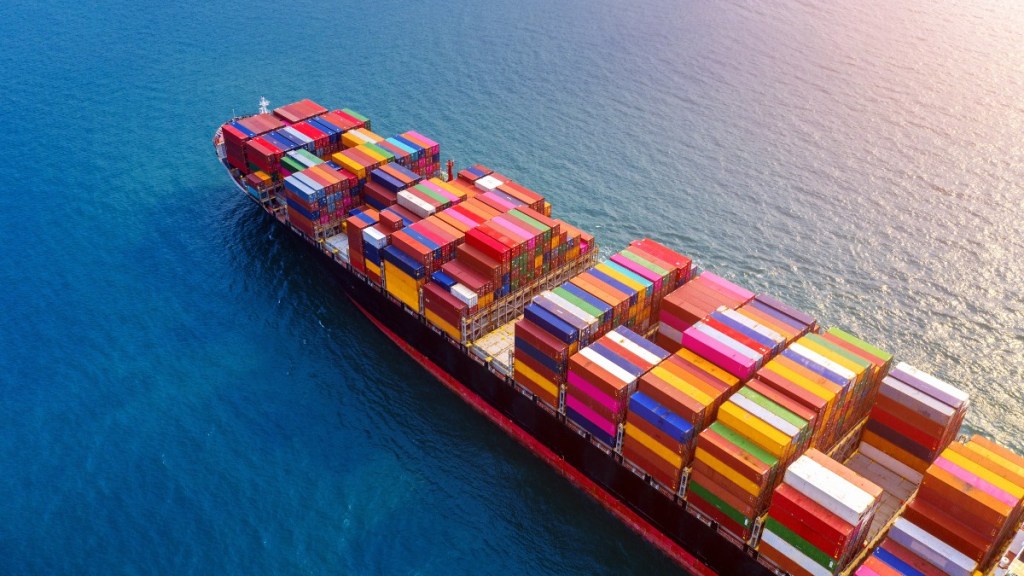The UN Conference on Trade and Development (UNCTAD) recently published a significant report titled “Navigating Troubled Waters: The Impact of Disrupted Shipping Routes on Global Trade.” This report sheds light on the repercussions of attacks on shipping routes in critical areas such as the Red Sea, alongside existing geopolitical and climate-related challenges. These events are fundamentally altering the landscape of global trade routes, reshaping the way goods move around the world.
The disruptions in the Red Sea, particularly the recent attacks on shipping, have had profound consequences on maritime trade routes, notably affecting the flow of goods through the Suez Canal. This disruption has further compounded the ongoing challenges in the Black Sea, where the conflict in Ukraine has already been altering established trade patterns, especially in the oil and grain sectors.
In addition to these regional disruptions, the Panama Canal, which serves as a vital link between the Atlantic and Pacific Oceans, is facing its own set of challenges. Declining water levels in the canal have raised concerns about its long-term viability and its ability to support global supply chains effectively. These developments underscore the fragility of the infrastructure that supports the world’s trade networks.
According to UNCTAD’s estimates, transits through the Suez Canal have decreased significantly, dropping by 42% compared to their peak levels. Major players in the shipping industry have temporarily suspended transits through the Suez, leading to a substantial decline in weekly container ship transits, tanker transits, and gas carriers. Similarly, transits through the Panama Canal have also plummeted, experiencing a 49% decrease compared to peak levels.
The economic and environmental costs of these disruptions are substantial. Concerns about the security of the Suez Canal have prompted many ships to reroute around the Cape of Good Hope, resulting in longer travel distances, increased trade costs, and higher insurance premiums. Moreover, the increased distances traveled and higher speeds required to compensate for these detours have led to a rise in greenhouse gas emissions, exacerbating climate change.
The impact of these disruptions extends beyond economic concerns. Countries that rely heavily on the Suez and Panama Canals for their foreign trade are particularly vulnerable. For instance, approximately 22% of Chilean and Peruvian foreign trade volumes depend on the Panama Canal, while Djibouti, Kenya, Tanzania, and Sudan rely significantly on the Suez Canal for their foreign trade.
One of the most immediate consequences of these disruptions is the surge in freight rates. Since November 2023, average container spot freight rates have seen unprecedented increases, with rates from Shanghai to Europe more than doubling and rates to the United States West Coast more than tripling. These soaring prices are likely to have far-reaching economic implications, potentially leading to delayed deliveries, higher costs for consumers, and increased inflation.
Furthermore, disruptions in container shipping could also impact global energy and food prices. The discontinuation of gas transits has already led to surging energy prices, particularly in Europe, while disruptions in grain shipments from Europe, Russia, and Ukraine pose risks to global food security, affecting both consumers and producers.
In the face of these challenges, the shipping industry is under pressure to adapt rapidly. However, developing countries, in particular, are vulnerable to the consequences of these disruptions. UNCTAD emphasizes the urgent need for international cooperation to address these challenges and calls for sustainable solutions to safeguard global trade against geopolitical tensions and climate-related disruptions. By working together, the international community can mitigate the impact of these disruptions and build more resilient trade networks for the future.

